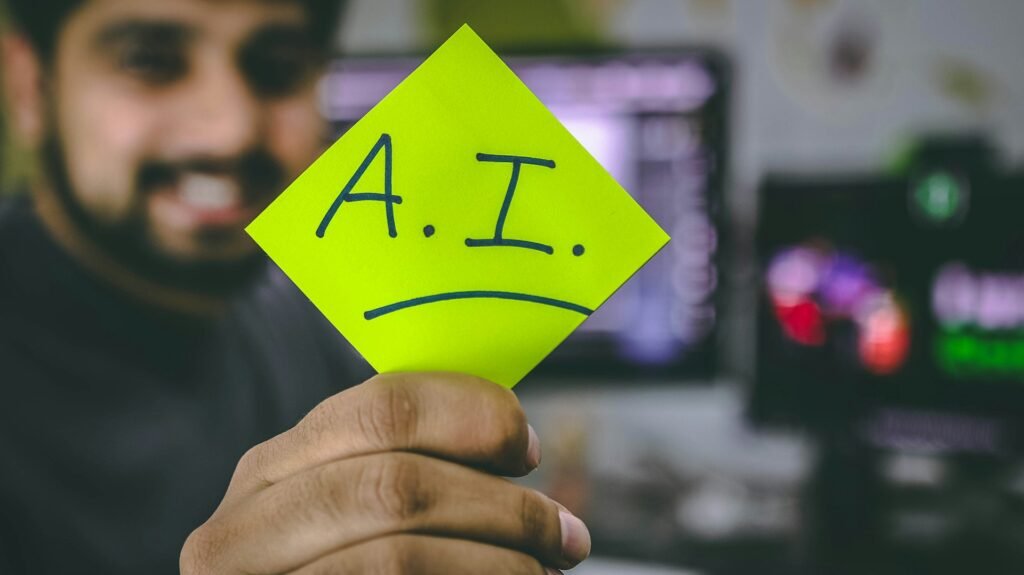Artificial Intelligence (AI) is no longer a concept confined to science fiction or theoretical research—it is an integral part of everyday life. From voice assistants and facial recognition systems to algorithmic trading and autonomous vehicles, AI continues to redefine how we live and work. However, with its rapid advancement comes a growing need to examine the ethical implications surrounding its development and use.
The Promise and the Peril
AI holds incredible promise: it can improve healthcare outcomes, enhance accessibility, optimize logistics, and even predict natural disasters. But these benefits come with profound risks. Without careful consideration of ethics, AI can perpetuate or even exacerbate social inequalities, infringe on privacy, and make decisions that humans can neither explain nor contest.
Key Ethical Concerns in AI
1. Bias and Fairness
AI systems learn from data, and if that data reflects historical biases—be it racial, gender-based, or socioeconomic—the AI is likely to replicate or even magnify those biases. For instance, biased algorithms in hiring processes can lead to systemic discrimination, disadvantaging certain groups over others.
2. Privacy and Surveillance
AI’s ability to process and analyze vast amounts of personal data raises serious privacy concerns. In sectors like marketing, law enforcement, and social media, this capability can lead to invasive surveillance, loss of anonymity, and misuse of personal information, often without individuals’ informed consent.
3. Autonomy and Accountability
As AI systems become more autonomous, Artificial Intelligence the question of accountability becomes murky. If an autonomous vehicle causes an accident, who is responsible—the manufacturer, the software developer, or the owner? Current legal and regulatory frameworks struggle to keep pace with these new realities.
4. Transparency and Explainability
Many AI models, especially those based on deep learning, function as “black boxes,” making decisions that even their developers cannot fully explain. This lack of transparency can be particularly problematic in critical fields such as healthcare, criminal justice, and finance, where decisions must be interpretable and justifiable.
5. Job Displacement and Economic Inequality
Automation driven by AI threatens to displace millions of jobs, particularly in sectors like manufacturing, transportation, and customer service. Artificial Intelligence While new jobs may be created, there is no guarantee that displaced workers will be able to transition easily, potentially deepening economic inequalities.
Ethical Frameworks and Governance
To address these challenges, organizations and governments worldwide are developing ethical frameworks for AI. These generally include principles like:
- Beneficence: AI should benefit individuals and society.
- Non-maleficence: AI should not cause harm.
- Justice: AI should be fair and equitable.
- Autonomy: Individuals should have control over how AI affects them.
- Accountability: Those responsible for AI systems must be identifiable and held accountable.
In addition, efforts like the European Union’s AI Act and the UNESCO Recommendation on the Ethics of Artificial Intelligence aim to set global standards for responsible AI use.
Moving Forward: A Call for Human-Centered AI
Ethical AI is not just a technical challenge; it is a societal one. Developers, policymakers, and the public must work together to ensure that AI technologies are aligned with human values and rights. This requires interdisciplinary collaboration, inclusive design processes, and robust public dialogue.
The goal is not merely to make AI smarter, but to make it wiser. A human-centered approach—one that prioritizes empathy, fairness, and accountability—can ensure that AI serves humanity rather than the other way around.

